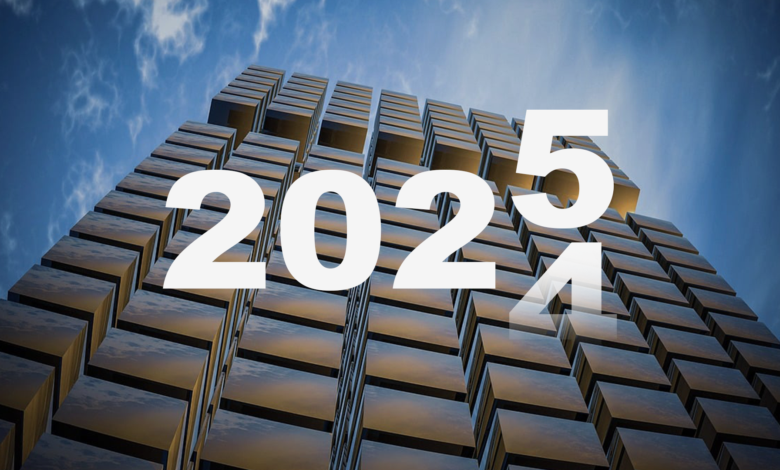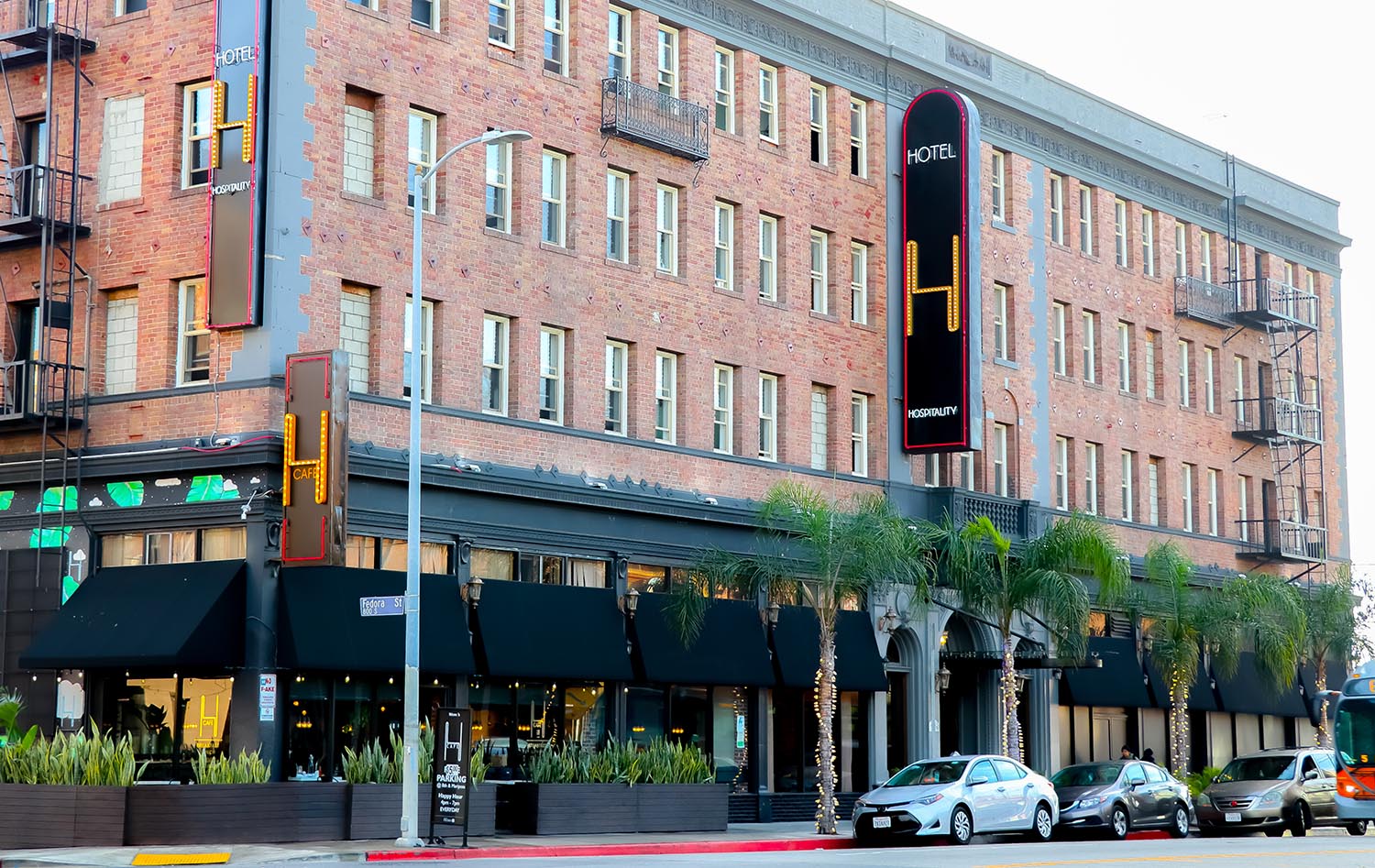
Key Takeaways from 2024 in Hospitality: Lessons Learned and What to Expect in 2025
By Gavin Fraser | December 30, 2024
As we approach the end of 2024, the hospitality industry finds itself reflecting on a year of recovery, reinvention, and remarkable resilience. Following the challenges of the pandemic and a period of uncertainty, this year marked a return to growth and transformation. The industry saw increased global travel, a redefined sense of luxury, and a deeper emphasis on technology and sustainability. But as we reflect on these gains, there are lessons to be learned—and ambitions to carry forward into 2025.
Looking back, it’s clear that the hospitality industry entered 2024 in a phase of stabilization, with international tourism bouncing back faster than expected. This revival was not merely about returning to pre-pandemic levels of business; it represented an opportunity to reset the industry, adapt to new consumer behaviors, and embrace the forces reshaping the global landscape. Consumers are more conscious about where they spend their money and more discerning about the experiences they seek. With these evolving expectations in mind, hospitality brands have been rethinking what it means to deliver value.
One of the most significant shifts in 2024 has been the growing importance of sustainability. Eco-conscious travelers are not just looking for greener options—they’re seeking businesses that align with their values. From zero-waste initiatives to carbon-neutral certifications, sustainable practices are no longer an afterthought but a crucial part of the guest experience. As the global climate crisis becomes an ever more pressing concern, hotels, resorts, and other accommodations have recognized that their future success depends not just on meeting guests’ immediate needs, but also on demonstrating a commitment to the planet.
Another driving force this year has been the continued rise of technology, which has become increasingly integral to the guest experience. Hotels and resorts have leaned into digital innovations, using mobile apps and AI-driven tools to offer personalized services. Digital check-ins, keyless room entries, and in-room voice assistants have become commonplace, allowing guests to enjoy convenience while maintaining their safety and privacy. But it’s not just about convenience—technology has enhanced the ability to understand guests’ preferences on a deeper level, enabling brands to create hyper-personalized experiences that make each stay feel unique.
Technology is also playing a major role in addressing another key trend in 2024: the blending of work and leisure. The rise of remote work has led to the widespread popularity of “workcations”—where travelers blend business trips with leisure. This hybrid model, also referred to as “bleisure,” has created an entirely new category of guests who seek flexible booking options, reliable Wi-Fi, and spaces that allow them to balance productivity with relaxation. In response, many hotels and resorts have pivoted to offer tailored amenities designed for the modern, mobile worker, such as workstations in rooms, meeting spaces for remote collaborations, and curated wellness packages to ensure a balanced work-life experience.
Despite all the technological advancements, however, the human touch remains irreplaceable. Guests may now check in via an app and order room service from their phone, but they still crave authentic, personal interactions. Hospitality has always been about human connection, and in 2024, many successful brands learned to strike the perfect balance between technology and service. Personalized touches—like remembering a guest’s favorite pillow type or providing recommendations based on past stays—remain powerful ways to create loyal customers. The most successful companies this year were those that managed to incorporate technological innovations without sacrificing the warmth and genuine care that form the core of hospitality.
As we move into 2025, the lessons learned from 2024 will play a critical role in shaping the future of hospitality. This year taught us that agility is key. The ability to adapt quickly to shifting trends, consumer demands, and unforeseen challenges will continue to be vital. The most successful companies have been those that have embraced flexibility—whether that means pivoting service offerings to meet the demand for remote work or adjusting to the growing preference for sustainability.
The role of data will also become increasingly important. In 2024, hospitality brands began to harness the power of data to not only improve operational efficiency but also to create more tailored, personalized experiences for guests. From predicting guest preferences to offering hyper-targeted marketing campaigns, data-driven decision-making will be at the forefront of hospitality strategies in 2025.
Another key focus for 2025 will be wellness. As awareness around mental health and well-being grows, more travelers are seeking experiences that promote both physical and mental relaxation. From wellness retreats and spa getaways to yoga studios and mindfulness workshops, wellness tourism has become a dominant force in the industry. In 2025, hospitality providers will continue to build on this trend, offering guests not only opportunities to escape but also a chance to heal and rejuvenate. For some, the ideal vacation will no longer be about indulgence but about finding peace, restoring balance, and reconnecting with oneself.
Sustainability will also become an even more pressing priority. By 2025, hospitality brands will be expected to go beyond token green initiatives and adopt comprehensive sustainability practices. Guests will demand transparency, asking not only how businesses are reducing waste or conserving energy but also how they are supporting local communities, protecting wildlife, and promoting fair labor practices. For those looking to attract eco-conscious travelers, sustainability will no longer be a luxury—it will be an essential part of doing business.
Luxury itself will continue to evolve in the coming year. While traditional markers of luxury—like fine dining, spacious suites, and opulent decor—will remain, guests are increasingly seeking experiences that are unique and meaningful. In 2025, luxury will be defined by the quality of the experience, not the price tag. Exclusive, personalized experiences—whether a private guided tour, a bespoke culinary experience, or an off-the-beaten-path adventure—will continue to replace traditional notions of luxury that center around material excess.
The road to 2025 will be paved with both challenges and opportunities. The hospitality industry is more dynamic and complex than ever before, but it is also more adaptable. The brands that succeed will be those that embrace change, stay ahead of trends, and prioritize the needs and values of their customers. With a clear focus on sustainability, technology, wellness, and personalization, the industry is poised for another transformative year ahead.
The industry’s journey through 2024 has been one of adaptation, resilience, and innovation. As we look to 2025, the industry stands ready to continue this trajectory, fueled by the lessons of the past and a clear vision for the future. By staying attuned to the evolving needs of the modern traveler, and by using technology, sustainability, and personalization to enhance the guest experience, hospitality providers can ensure that the next chapter is even more successful and impactful than the last.






Get involved!
Comments